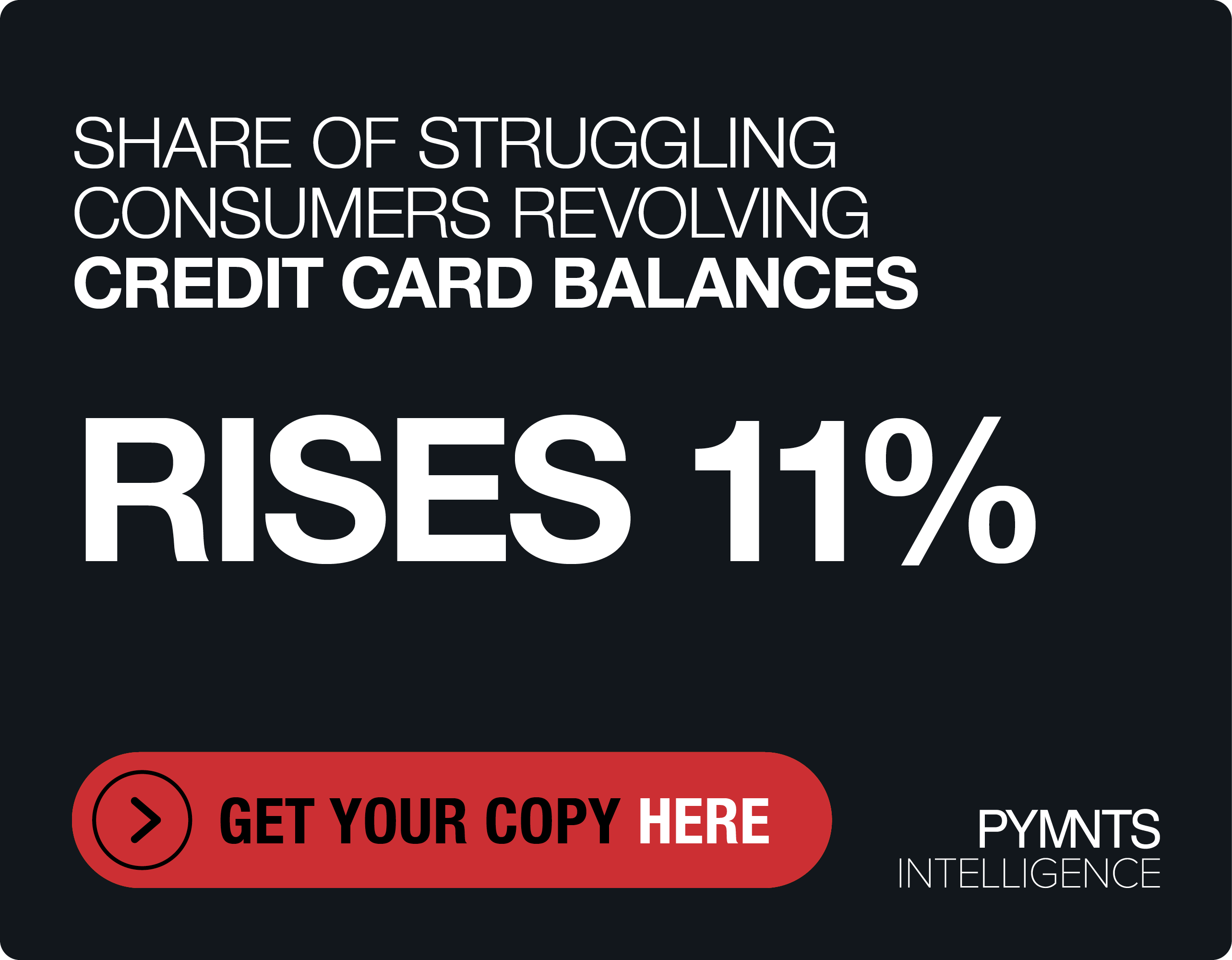MENA’s AgriTech Revolution Captures VC Attention and Dollars
Total investment raised by startups in the Middle East and North Africa region (MENA) and broader Gulf Cooperation Council (GCC) area crossed the $3 billion mark in 2022 as investors injected more money into promising startups despite the global slowdown.
“We’re really seeing an upward trend in terms of the amount of funding that takes place, the number of VCs that are in the region, and the number of good startups that are around,” Simon Sharp, partner at Global Ventures, a MENA-focused venture capital (VC) firm which counts companies like Moniepoint (formerly TeamApt), Helium Health and Zid in its portfolio.
Sharp explained that in recent years, sectors like HealthTech, EdTech, and the Future of Work which were hard hit by the pandemic have since ridden the digitalization wave and accelerated in terms of consumer adoption and behavior.
Then there’s AgriTech, a particularly key sector for the MENA region, where startups operating in areas such as last-mile delivery, warehousing and fulfillment to help improve food production and mitigate food insecurity concerns are increasingly becoming hot prospects for VC funding.
“The MENA region imports about 85% of food produce, so that’s something legislation wants to change, and we’ve seen that trickle through in terms of startups that have emerged across the AgriTech value chain to try and solve that problem,” he noted.
And while the liquidity crisis rocking the startup world has led to mounting pressure on FinTechs and startups to shift from a growth-at-all-costs strategy to focus on profitability, Sharp said it’s certainly an ongoing discussion with founders, although not one that can be achieved in haste.
“We’re not saying [reaching] profitability today. We’re saying we want a clear business model and plan to see at what point that happens,” he noted, explaining that even companies that do become profitable at a certain point and break even will still require capital to pursue growth, and as a result may not be profitable for several years before becoming profitable again.
Overall, he said, although liquidity gaps have created a challenging global environment for startups, firms operating in emerging markets across the MENA and GCC region, where capital is usually more difficult to come by than in other regions, have learned to build sustainable-first businesses right from an early stage.
“Founders here are particularly good at making cash flow last. I think they’ve been in a market where there hasn’t been significant levels of funding as in the U.S. and Europe, and so they’ve learned to get by on less,” he said.
Building the Right Founder-Investor Relationship
Looking at the broader MENA/GCC landscape, Sharp said there’s a lot being done by governments to attract good talent to the region in order to make it an attractive place for founders to set up and build their companies.
“Whether that’s at a consumer level in terms of the impact of inflation and interest rates on individuals, it’s become a more desirable and attractive place to be, and so we’re seeing more talent coming here, and that’s definitely helping startups,” he said.
He pointed to the United Arab Emirates (UAE), Saudi Arabia, Egypt and Nigeria as four markets where Global Ventures is primarily focused on and where they’re seeing lots of good opportunities and quality founders with global ambitions emerging on the scene.
Besides government support, Sharp said alternative sources of funding like venture debt and debt capital from large institutional banks are becoming more available across the region, a trend that startups can fully benefit from if they are “positioned in the right place and time and have the right model to go down that route.”
Moving forward, he said building the right relationships with founders and teams will remain the most important element of the investment thesis, especially for investors who see themselves as long-term partners for founders.
That goes both ways, however, he added, while recommending that founders not only have a clear message to win over investors but be willing to listen and be adaptable to the approach that both parties choose to embark on. “And ask the investor difficult questions because that’s going to ultimately help you down the line if you take their capital,” Sharp said.
For all PYMNTS EMEA coverage, subscribe to the daily EMEA Newsletter.

